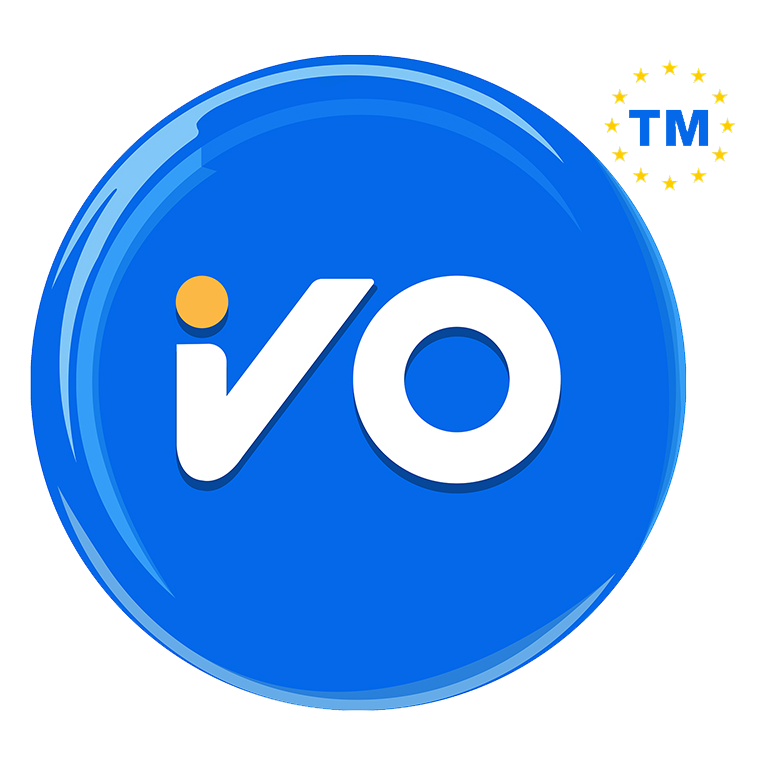1. Computer Science for Web Programming
Course by HarvardX.
This certificate contains one course that’s broken up into two parts. Both parts are free. The price of a verified certificate is about the same as a week’s worth of groceries for one person, so it’s not too bad.
The first part covers the introductory component to web programming and touches on C, Python, SQL, JavaScript, CSS and HTML. The second part deals with more in-depth topics and includes Git, using APIs, SQL, scalability, testing, and various front end technologies.
All in all, the entire course can be completed in approximately 20 weeks. But, because it’s self-paced, it can be completed faster.
2. Computer Science and Mobile Apps
Course by HarvardX.
This is another professional certificate by Harvard University via EdX. The first part of this course is the same as above — the second half sends you down a mobile application specialty with React Native.
If you’re looking specifically to get into front end development, the previously listed course is better suited. But if you’re looking to have cross-functional skills with mobile development, then this track may be right for you.
Whatever you end up choosing, you can still do the other path in conjunction since the content will eventually crop up in real-life scenarios.
3. Artificial Intelligence (AI)
Course by Microsoft.
This course is a bit more expensive to complete. However, it consists of 11 different courses with a focus on Python. Each course has its own certified certificate, with all 11 adding up to a professional certificate from Microsoft.
It’s self-paced and the expected workload is approximately 4–6 hours per week — or an hour a night if you’re looking to slowly digest the content. Because it’s self-paced you can finish it faster if you have more time you can devote to it.
The course includes deep learning, ethics, artificial intelligence, and machine learning.
4. Introduction to Computer Science
Course by Microsoft.
This certification consists of three courses and deals mainly with Python. The program is aimed at absolute beginners, which means that you’re not expected to know anything at all about programming.
It’s 100% self-paced and you can work through the program without needing to pay anything for access.
If you’re looking for a starting foundational course, the free content in this one can help kickstart your career in tech. However, it’s important to note that this course is very Python-centric — which isn’t a bad thing, but if you’re looking for a general course, perhaps because your mind is better suited to generalist ways of learning, then the Harvard courses may be better for you.
5. Computational Thinking Using Python
Course by Massachusetts Institute of Technology.
This is another beginner course, aimed at people who want to get started and test the waters with programming but don’t know where to start.
The length of time required to complete this program (estimated at 5 months 14–16 hours per week commitment) suggests that the program is meatier in content.
The program overview says that you don’t need prior experience in computer science-related subjects and topics to get started. This means you’ll learn the important concepts that make up the foundation of computational thinking.
6. Architecting with Google Compute Engine
Course by Google Cloud.
Cloud computing is the flavor of the coming decade and this course was created by Google to help you understand and work with their technologies.
You’ll learn about infrastructure, the core services Google offers, how they work, as well as concepts and theories about cloud computing.
This course is suited for those who already have some programming skills and want to upgrade into a true full-stack developer.
Just because they can boot up something in the cloud, it doesn’t instantly make you a true full-stack developer. Cloud infrastructure and architecture is a complex creature, as complex as all the other parts of development work, and this certification track can bolster your knowledge and make you a better full stack developer.
7. Cloud Computing
Course by University of Illinois at Urbana-Champaign.
The courses in this track are part of their Master in Computer Science degree. However, the content track for this certification is geared toward becoming an expert in cloud computing theories and technologies.
It also touches on big data and how to deal with it in the cloud.
This track is not for beginners and is better suited to those who already have experience in development work and maybe some years working with applications. It’s more of an upgrading of skill and knowledge.
8. IT Fundamentals for Cybersecurity
Course by IBM.
This course is created by IBM and aimed at beginners looking to get a better understanding of cybersecurity and how application building processes work.
The course content deals with security protocols, cybersecurity frameworks, and how cyber-attacks happen.
Security is often one of the last things on people’s minds — until something happens. Then the magnificent Captain Hindsight kicks in! Having a good foundation in security that can help prevent these kinds of occurrences.
You don’t have to be a coder to start this program, or even be looking to learn how to code. Rather, this course is suitable for all, regardless of your current discipline.
9. Blockchain
Course by University at Buffalo and The State University of New York.
Who isn’t talking about blockchain nowadays? It’s everywhere. But the issue with blockchain is that while there’s a lot of hype, a lot of people don’t really know what it is, what it does, or how it works.
This is your chance to upgrade your skillset and get started on something that’s being touted as the next frontier of technology. It’s a different way of thinking about programming and how to create applications.
Blockchain is a revolution in action and this is your opportunity to be part of it.



























